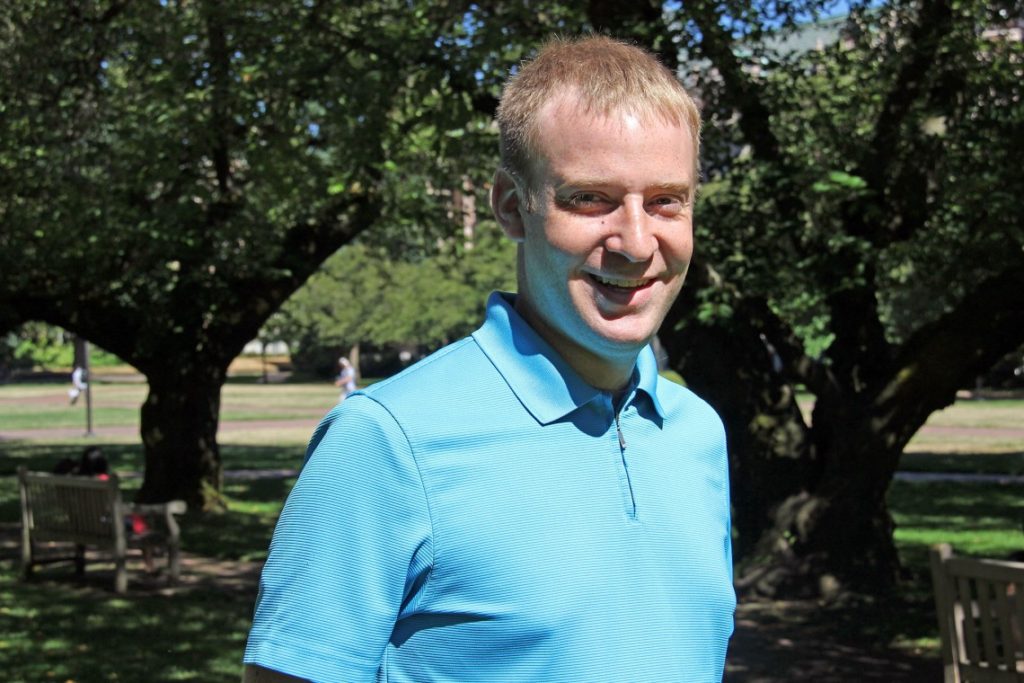Recently we’ve received several letters from students struggling with writing. Students tell us they struggle with focusing on competing projects, managing nebulous deadlines and distilling complicated ideas to in a clear and concise way.
As Your Grad School Guide, I know can be difficult to find motivation and avoid procrastination when faced with such writing projects.
Whether you’re developing a thesis or dissertation, or writing essays for a class, there are a number of resources at the UW for support. Here are some ideas of services to access on campus, and tips for developing as a more productive and effective writer.
Campus-based resources:
- Here’s a comprehensive list of resources on the Seattle campus. This includes:
- Odegaard Writing & Research Center Drop-in Consultations for Graduate Students. From graduate tutors at drop-in sessions, you’ll receive support for any kind of writing including conference proposals, articles for publication, or your thesis or dissertation.
- Open Writing Circles. These mostly informal meetings for writers working on long-term projects can provide light structure, accountability partners and moral support!
- Bothell’s Writing and Communication Center offers in-person or remote consultations and workshops
- Tacoma’s Teaching and Learning Center offers writing consultations
- Check with your department. Your department may have a Writing Center with tailored resources and workshops, and tutors knowledgeable in your subject or field. See your department’s website or email your advisor for more information.
Looking for ways to beat procrastination or improve your writing on your own? Here are a few ideas:
- The Pomodoro method. Work in 25 minute increments with short breaks in between sessions. This can help you avoid distractions and get down to business. This technique can help academics make the most of their limited writing time.
- Develop a strategic writing plan. Ph.D. student Nue Lee details in this blog post how she plans for effective writing sessions. Lee’s plans include daily writing and scheduling blocks of time for writing in her calendar. Your strategic writing plan may differ based on your schedule and needs.
- Consult a style guide. William Zinsser’s On Writing Well may be a good place to start for insight or inspiration.
What if you’ve tried any combination of these resources and techniques, and nothing has helped. What should you do?
- Reflect on the things that you’ve tried so far. Did one or two of them help you manage distractions or write more effectively, even a little bit? Of the things that helped a little, what did they have in common?
- Try dictating your ideas to a trusted friend or a recording device before even bringing pen to paper or fingers to keyboard. It may help take some of the anxiety out of the process and allow you to get your ideas out.
- In some cases, difficulty with productivity in writing and research may be related to other factors, including anxiety or worry. If you think this applies to you, please seek support from a writing tutor, academic advisor or counselor at the Counseling Center.
Any questions? Feel free to shoot me an email.
Happy Writing,
Your Grad School Guide
Ask Your Grad School Guide is an advice column for all y’all graduate and professional students. Real questions from real students, answered by real people. If your Guide doesn’t know the answer, you Guide seeks out experts all across campus to address the issue. (Please note: your Guide is not a medical doctor, therapist, lawyer or academic advisor, and all advice offered here is for informational purposes only.) Ask your Guide a question >
